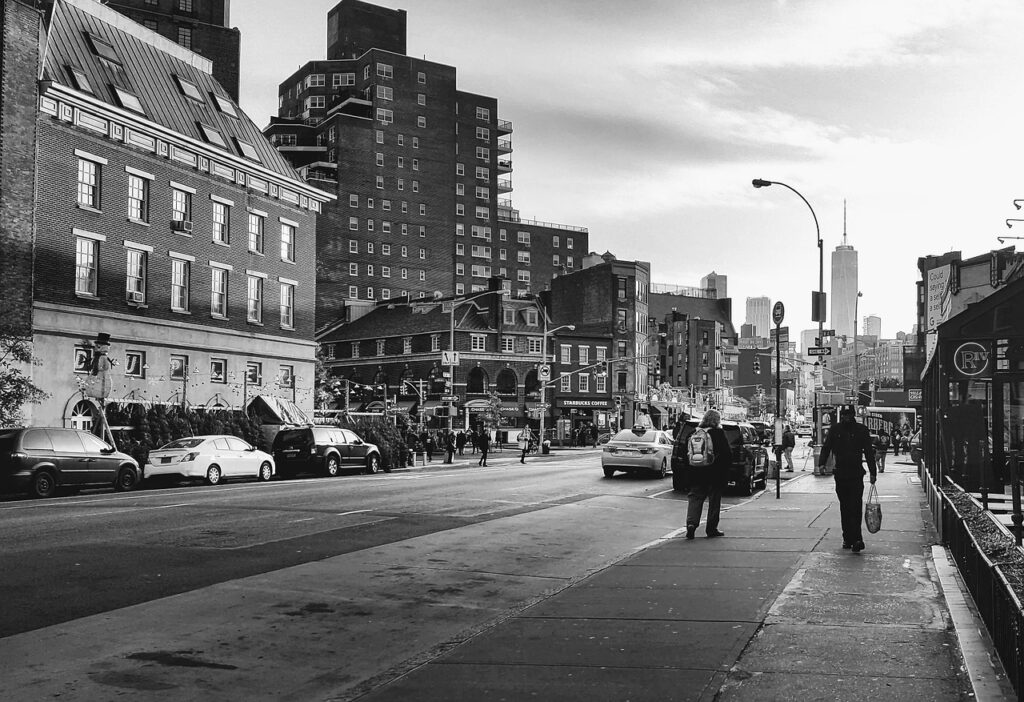“Black Wall Street” describes Tulsa, Oklahoma’s early 20th-century Greenwood area. There was a thriving, prosperous African American community there that was well-known for its entrepreneurship, successful companies, and cultural accomplishments. Its strong sense of community and economic success were represented in the term “Black Wall Street.”
Continue reading to see the history of the Black Wall Street.
What is the Black Wall Street?
Black Wall Street is a thriving and active network of black-owned companies, cultural institutions, and social groups. African American business owners established various industries, including newspapers, pharmacies, retail companies, restaurants, clubs, theaters, and music venues.
An article by Investopedia, a financial media website, says, “Black Wall Street became an enclave for Black entrepreneurs and a gateway for economic prosperity. As a self-sustaining district, it became a beacon of wealth for business owners while establishing independent school systems and public services.” Black Wall Street in Harlem was a hub for intellectual and social exchange, providing African Americans with access to the economy.
Opportunities
The Greenwood neighborhood was a vibrant African American community in the early 20th century, and was known for its economic success and wealth.
An article by Harlem World Magazine, a website that is a catalyst for change and fosters inclusivity, says, “In the heartland of America there once was a Black Community Paradise more than 600 businesses strong.” This neighborhood was the home of a large number of black-owned companies. The community was among the wealthiest African American communities in the country due to its robust cultural and economic environment.

The Tulsa Race Massacre
Greenwood was severely impacted by a devastating act of racial violence on May 31 and June 1, 1921. White citizens, with police assistance, invaded the area, setting fire to shops and homes and killing nearly 300 Black individuals. The community suffered the destruction of its economic infrastructure, leading to thousands of people becoming homeless. The Tulsa Race Massacre significantly impacted Greenwood and the entire city of Tulsa. Despite efforts to reconstruct, the neighborhood never fully returned to its pre-massacre affluence.
Black Wall Street’s history showcases African American communities’ resilience, creativity, and bravery amidst adversity. The history of Greenwood in Tulsa, Oklahoma, spans decades and encompasses both the peaks of Black American triumph and the darkest moments of sorrow. Initially established as a segregated neighborhood, Greenwood has developed into a bustling center of arts and commerce.
To learn more about businesses, visit Ferry Godmother Biz.

